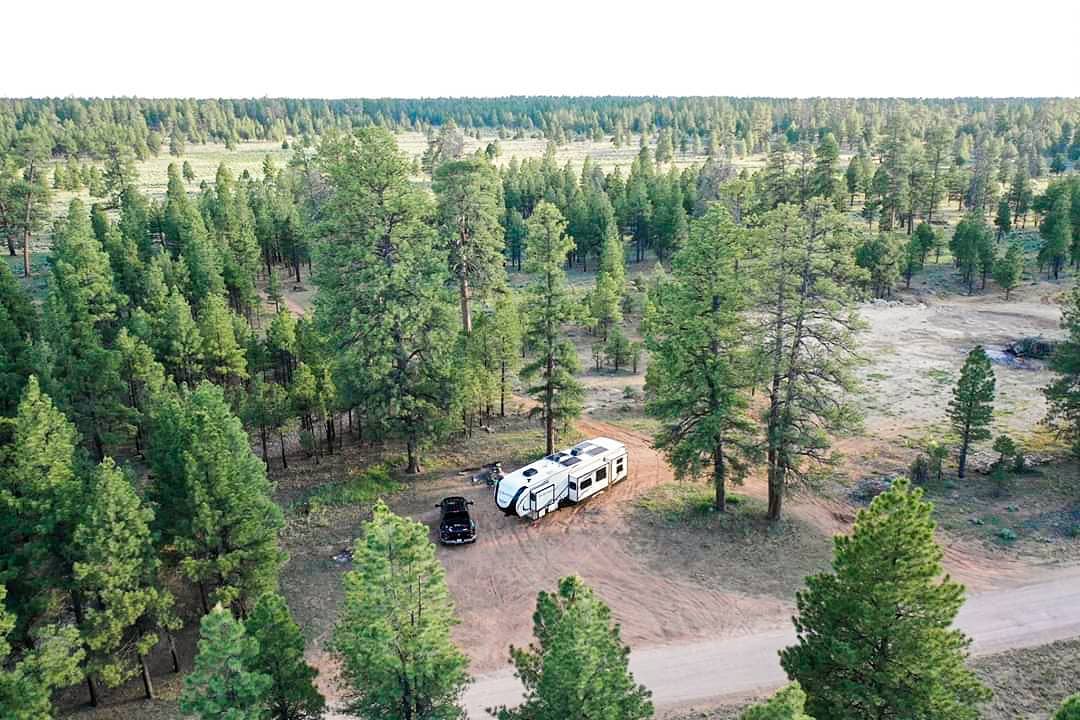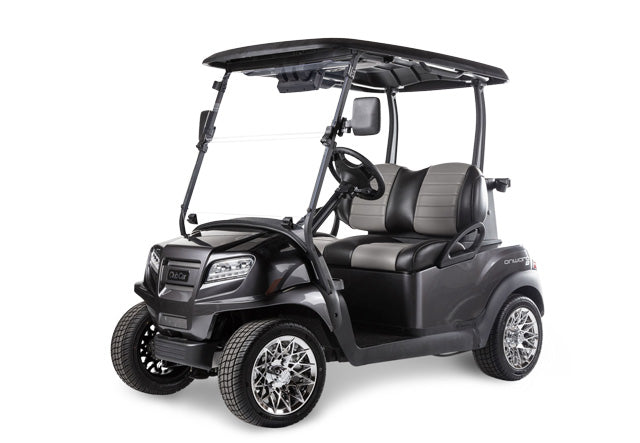There's no short and sweet answer to how long a RV battery will last boon docking because everyone has different power needs. What I can do is give you some tips for getting the most time out of your battery and the information you will need to figure out how long will an RV battery last boondocking... under your specific conditions.
For this article I will be using a Rebel Batteries 12V 100AH RV battery because most of the people with small campers I talk to have a single battery. In the future I will update this article for those using a larger battery bank.
Let's begin with using electricity to heat your camper. Before getting into this I will tell you if you're in temperatures it will work in a mini split that can also be used as a heat pump will give you the best bang for your buck. There are a few mini splits that can't be used as a heat pump so make sure the one you consider can be.
A heat pump is the most efficient way to heat with electricity. I don't have one yet but I know people that do, how much heat they get from them and what it cost them to run their heat pump. If you're in temperatures above freezing they work well and there are some that can work well below freezing with some efficiency loss.
Resistance heaters are the kind most people will probably want to use. I used a 700 watt heater to heat a small bedroom that's about the size of a small camper with the exception the ceiling is higher. I kept the room at 73 degrees when the outside temperature was in the mid forties. I was pulling 67 amps from the battery when the heater was running. The room was 63 degrees when I turned the heater on. After the first 10 minute cycle it didn't run very long during the following cycles. The battery died five hours and thirty five minutes later, but the heaters total runtime was well under two hours. The issue with this kind of heater is when it's off your camper is cooling down because there's no heat being added. Considering a camper has a much lower ceiling and most have less draft than the room I tested in had you might get a little longer, but you're still loosing heat when the heater is off. Some ceramic disk heaters reduce their output instead of turning off and then increase their output to try to compensate for heat loss, but most of them require 1500 watts and still draw around 600 watts on their lowest heat output. That would use up 100AH in less than two hours even if you had a battery that could handle the 1500 watt draw for the first cycle.
Clearly for overnight heating with a resistance heater you will need more than one 100AH battery. However, there are two other alternatives that might still work with a single 100AH battery. In the future I'll be trying this test with an oil filled heater I plan to get which should give more time because when the heater is off the hot oil is still producing heat. A friend of mine has one of those heaters he says heats for a good 15 minutes after the room reaches the desired temperature and the heater turns off and turns on again before the heater is completely cold. There are oil filled heaters that draw 600 watts so in a well insolated small camper one might cover you overnight on a single battery depending on how long it has to be on during each cycle.
The option I think will have the best chance of heating overnight on a single battery is a mini split. While a small one will require 40 or 50 amps from the battery for a few minutes. Once the desired room temperature is reached a mini split reduces its speed drawing very little power in comparison to an electric heater and only increases its output enough to maintain that temperature. This means they can just slightly increase their current draw long enough to maintain the temperature before any real amount of heat is lost, and they're making efficient use of the electricity. There are some mini splits that only draw a little over 100 watts on their lowest speed.
This means around 10 amps from a 12V battery which could make it possible to heat a camper overnight with a single 100AH battery if it's well insulated. The reason this method works so well is you're not actually using electricity to produce heat. Your battery is running equipment that draws heat out of the outside air. That's beyond the scope of this article, but there is plenty of information out there if you want to read about heat pumps.
Moving on there's lights and other things you might need too. For your battery to last as long as possible boondocking you must make the most efficient use of its power. Switching all of your incandescent light bulbs to LED bulbs will increase the time your battery will last as will switching to 12V LED bulbs to save the small amount of power the inverter uses.
Using a smaller inverter for those small loads will also make a RV battery last longer boondocking. A larger inverter can draw an amp or more even when it's on with no load on it. So if you're using a large inverter and only charging a cell phone you're using an extra amp where a smaller inverter will only use a few extra milliamps. I know at first glance you might think what's an amp from a great big 100AH battery, but, it adds up. If that inverter is left on for eight hours that's eight amp hours wasted. Do that for 24 hours and that's almost 25 percent of your battery where a smaller inverter would have used very little of your capacity. Charging cell phones from USB 12V chargers will even eliminate this small amount of wasted power.
In conclusion to know how long your particular RV battery will last boondocking you're going to have to do a little homework to answer that question for your particular battery. What loads do you have? What is the capacity of your battery? How much does each load draw and how long will that load be on your battery? Once you know the total amount of watt hours or amp hours you need for a certain amount of time it will be easy to figure out how long your particular battery will last when you boondock.


